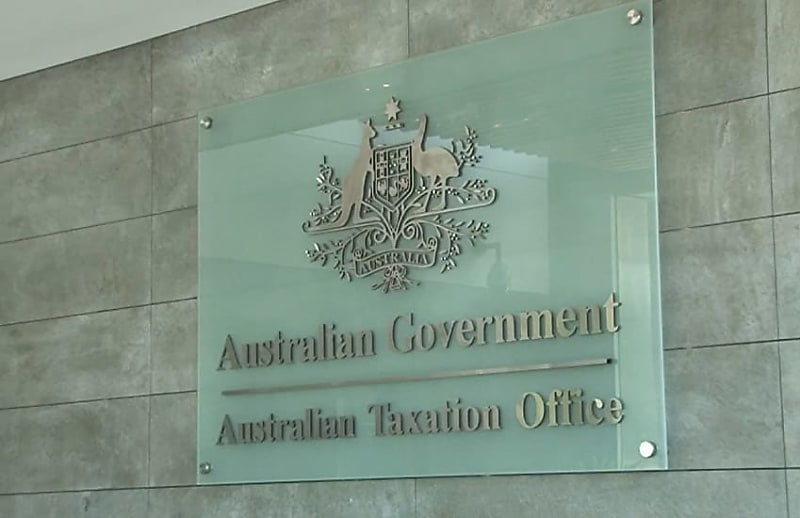Small change to secrecy provisions could combat phoenix activity: Joint bodies
RegulationProviding the ATO with the power to inform ASIC about the existence of tax debts when strike off action is in progress would help minimise potential harm to creditors, the professional bodies have said.

The major accounting bodies are calling for an exception to the general prohibition on sharing information to enable the Tax Office to provide ASIC with information on whether a company with the status 'Strike off action in progress' has an outstanding tax liability.
This exception would address the misuse of deregistering a company which has outstanding tax liabilities, the bodies said in response to Treasury's review into the regulatory secrecy exceptions.
CA ANZ, the Institute of Public Accountants, and CPA Australia said the key issue is that there is no positive obligation on ASIC to verify the claims made in an application to deregister a company, which includes that there are no outstanding liabilities.
"Deregistration can be used to close a company and phoenix assets into a new company to continue the same business activities," the submission said.
"This can leave the creditors of the deregistered company, including the ATO, with no option but to recover payment through legal means at their cost."
The professional bodies noted that the ATO is provided with a bulk data download on a daily basis that includes the status of all companies. This includes companies with the 'strike off action in progress' status.
For companies with this status, the submission said the Tax Office could revert to ASIC with a 'Yes' or 'No' to indicate whether a company has an outstanding tax liability, without revealing the value of that liability.
"ASIC can then draw on this information to verify claims made in applications to deregister a company, which include that the company has no outstanding liabilities," it said.
The professional bodies noted that the economic impact of of illegal phoenix activity on business, employees, and government is estimated to be $4.89 billion annually.
"Using ATO information effectively to detect and prosecute phoenix activity is in the public interest and a crucial contribution to the economic and social wellbeing of Australians," they said.
"If appropriate, the exception should only be implemented by way of legislative amendment to Division 355 of Schedule 1 of the TAA 1953."
Professional bodies support access to ATO information for financial advisers
The professional bodies also stated in the submission that they would support changes enabling financial advisers to obtain protected information from the ATO when they are providing financial (tax) advice to their clients.
"Financial advisers should be able to access information from the ATO provided they meet the same rigorous requirements that registered tax practitioners need to meet to access ATO information," the submission said.
"This would include not only meeting the ATO’s technological requirements but also the onerous client/agent linking requirements."
The bodies noted that providing access to financial advisers would come at a cost to the ATO, with the separate platform needing to be created.
"Our members who are registered tax practitioners are currently reporting extreme dissatisfaction with ATO service standards and the ability to use online services for agents," they said.
"Repeated requests for basic improvements to online services for agents have not been implemented on the basis that other technological changes are required or that it is too costly."
The professional bodies said the proposal should only proceed if substantial funding is provided to the ATO to improve online services for agents and separate funding is given to a financial adviser's portal.
The submission also raised several concerns about some of the other proposals by Treasury for new tax regulator secrecy provisions, as previously reported.
Belinda Zohrab-McConnell, regulations and standards lead for CPA Australia, said the confidentiality of protected information was integral to maintaining taxpayer confidence to openly engage with regulators.
“While we support the sharing of appropriate information to help protect the integrity of the regulatory framework for tax practitioners and the broader system in which they operate, we believe the threshold being proposed by treasury, set at a ‘reasonable suspicion,’ is too low,” she said.
“As proposed, individuals suspected of misconduct would see their personal information shared with other agencies, which could ultimately lead to unfair reputational damage if they are found to have done nothing wrong.”
The submission raised several concerns about some of the other proposals by Treasury for new tax regulator secrecy provisions, particularly around the ATO's ability to share suspicions.
"Many of the proposals in the consultation paper propose that the ATO share suspicions of fraud that the ATO has formed regarding matters outside the tax system," the submission said.




